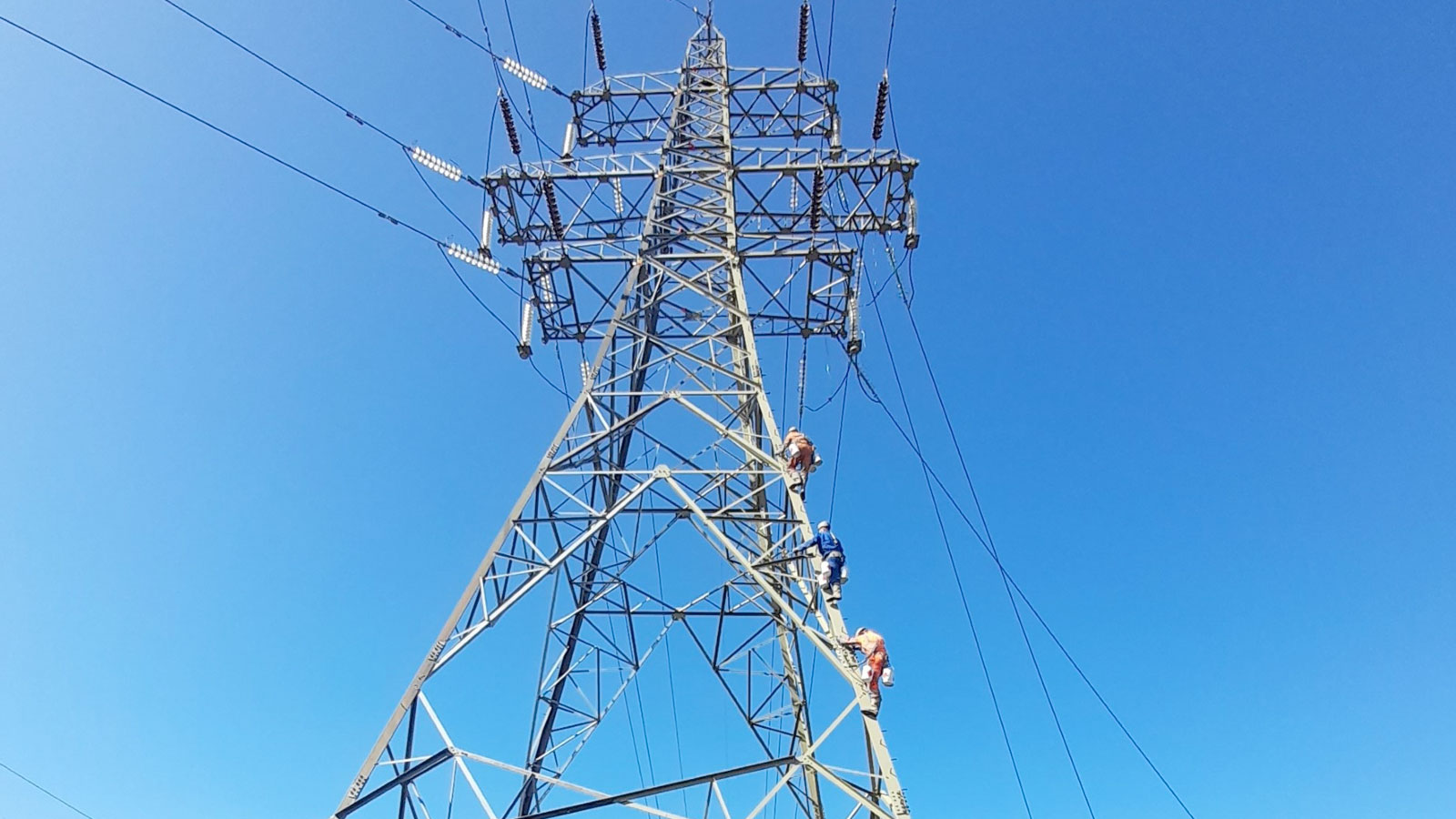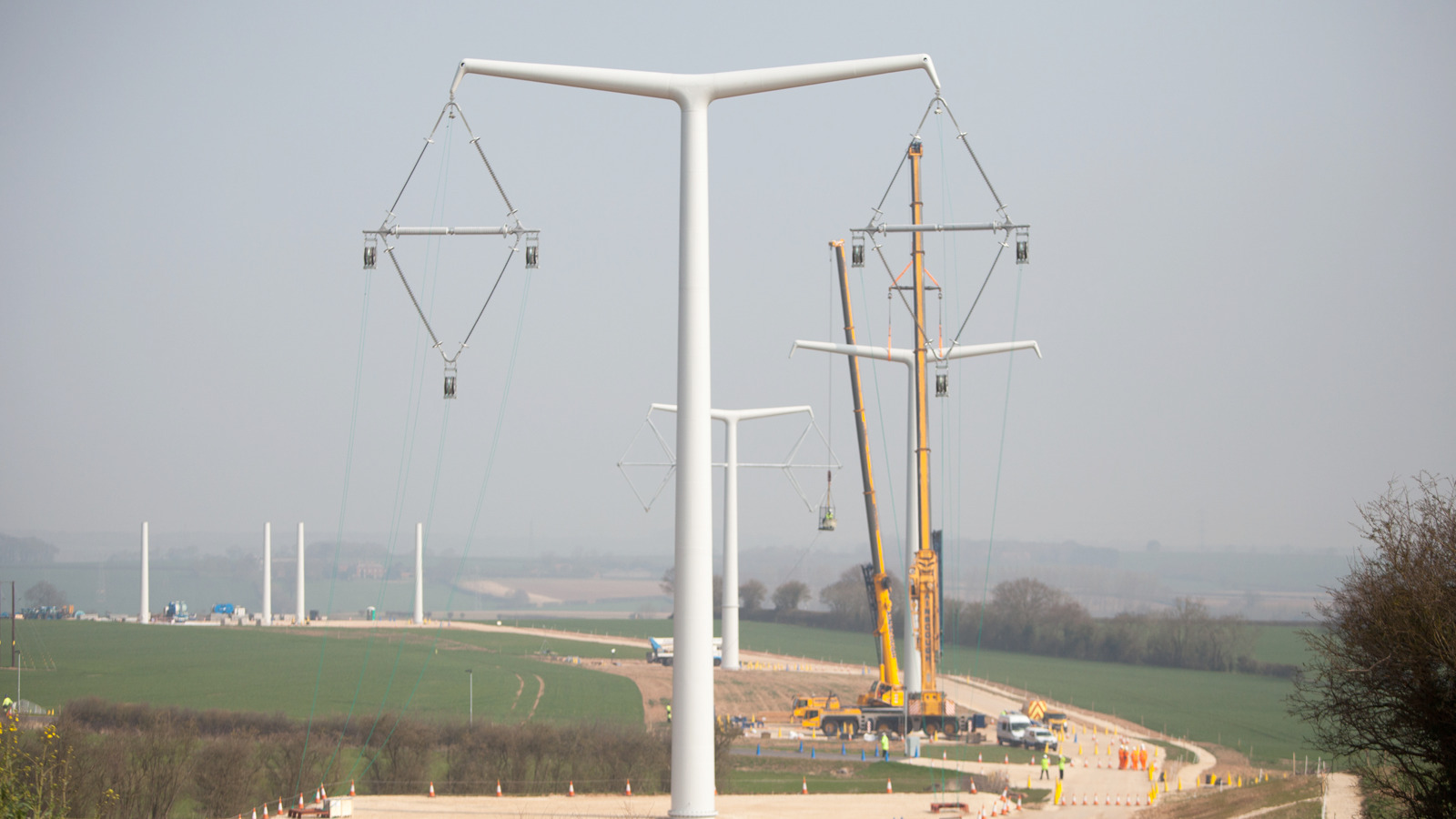As incidents of meter cheating continue to rise, Lloyd Birkhead, group managing director at Grosvenor Services Group – part of Echo Managed Services – outlines the dangers and why it is essential energy companies do more to safeguard the public (and their wallets).
Energy companies should be working harder to tackle meter cheating. That’s the firm opinion of almost nine in 10 (86%) energy billpayers, according to a survey we recently commissioned with the endorsement of Crimestoppers UK.
In 2017/18, the energy sector met just 67% of its theft detection obligation under Ofgem’s energy theft incentive scheme, with just five out of 35 energy suppliers meeting or exceeding their individual residential targets.
Given that each instance of meter tampering potentially places individuals, their families and neighbourhoods at risk of injury or worse, isn’t it time the sector came together to look at how to do more to help keep communities safe?
An emotive issue
A huge 92% of survey respondents said that they believe energy theft is wrong. Whilst some respondents did put the practice down to individuals being unable to pay their bills, half thought it was simply because people don’t want to pay for what they have consumed, even if they can afford to do so.
Worryingly though, only 35% of respondents said they knew that meter tampering was a criminal offence, showing that more can be done to highlight the true impact of this crime.
95% of respondents expressed annoyance at learning that £20 is added to their bills because of energy theft. Surely this annoyance is an important driver to mobilise more reporting – and yet only 20% of respondents were even aware of this increase.
Then – and arguably even more concerning for the general public – there is the safety aspect. Indeed, energy theft increases the risk of fires, electric shocks and even deadly gas explosions. Not to mention, meter cheating leads to at least one injury or death every 10 days in the UK – a shocking figure that is not well publicised.
Key to addressing this issue is better consumer engagement and education – of both the financial and safety implications. This is crucial in supporting the sector to both detect more current instances of the crime and also deter future potential cases occurring.
Consumer engagement and education
Engaging consumers around energy theft should have two key strands. The first lies in helping customers better understand the exact risks and impacts of meter cheating, thereby reducing customer apathy and encouraging people to report energy theft when they suspect it is taking place (and indeed, to discourage them from the practice themselves). Our recent survey found, for example, that one in four people would currently turn a blind eye if they became aware of an instance of meter tampering.
The second strand lies in the statistic that 75% of consumers don’t currently feel confident in spotting signs that energy theft is taking place, according to our research. By empowering customers, landlords and communities to identify suspected meter cheating, energy firms can take advantage of intelligence on the ground.
Over half (54%) of our survey respondents said that they would ‘without question’ report an issue of meter tampering, whilst another 21% said they would as long as it was within their local vicinity – so there is a clear pool of reporting potential for energy firms to harness.
Better awareness and clarity on where to turn
Once an individual is aware of a potential case of meter cheating, whether through direct observation, inheriting a tampered meter or even having heard somebody bragging, they need clear information on what to do next. What’s more, many need confidence that they can take action confidentially.
Our survey showed that 19% of people were unsure of how to escalate a case of meter cheating, and that there is a fear of potential repercussions from non-anonymous reporting that increases with age.
Awareness of the valuable Stay Energy Safe tip-off service was just 13%, showing clear space for the sector and its stakeholders to better educate customers through communication materials and at key customer touchpoints.
Publicising positive work
The third piece of the puzzle for the sector lies in demonstrating to customers and the general public exactly what is being done to combat the issue and keep communities safer.
Doing more to let the public know about meter changeovers, arrests and convictions, how injuries have been prevented and inflated bills tackled, would give the public a far richer and more proactive understanding of the hard work taking place.
The sector should look to work with the media to raise more awareness. There’s clearly scope to do more – just 14% of our survey respondents, for example, recalled seeing news coverage of the crime over recent months.
There is no doubt that energy theft is a serious issue, one with potentially deadly consequences. Now is the time for the sector to come together to look at further steps that can be taken to mitigate this hugely impactful crime.





